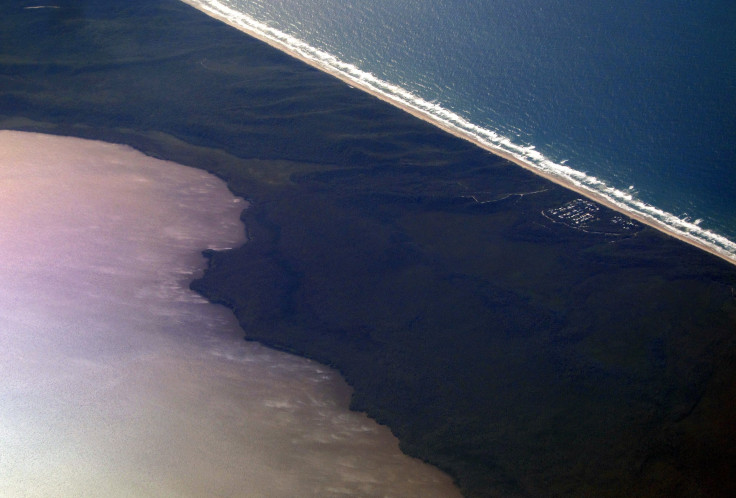Great Barrier Reef disaster: Marine biologist lashes out at reef authorities for ‘cherry-picking to try and paint a better picture’

The Great Barrier Reef is getting destroyed by massive coral bleaching, and marine biologist Glen Holmes is disappointed with the statements by the Reef and Rainforest Research Centre (RRRC). Despite reports that the Great Barrier Reef may never recover from the extent of damage done by widespread coral bleaching, the RRRC has said that popular diving areas near Cairns have suffered only low levels of damage.
Recent underwater surveys have found that of the 32 reefs between Lizard Island and Cairns, only five percent have suffered from bleaching and that only has low level of damage. RRRC managing director Sheriden Morris said the bleaching was “patchy,” which means the corals have a good chance of recovery. However, Holmes believes it is too early to be passing such comments.
“It's way too early to be hanging comments off reports on the level of mortality. I think they're cherry-picking to try and paint a better picture,” said Holmes.
Morris on the other hand believes reefs off Cairns are more likely to recover than others, reports AAP.
Unfortunately, according to Independent Australia, the Great Barrier Reef may lose out to mining giant Adani as State and Federal governments are favouring the mining giant more than the world heritage site. This has irked conservationists around the globe and numerous Australians who want to preserve the natural wonder.
CEO of the Australian Conservation Foundation, Kelly O'Shanassy said that if Federal and State governments side with Adani, there will be “hell of a fight.” The Queensland government had already given Adani the licence to dig Australia’s biggest ever coal mine.
Adani’s Carmichael coalmine will produce massive climate pollution and as the Great Barrier Reef can undergo coral bleaching with even a little temperature change, O'Shanassy is at a loss of words and she can’t believe how the licence was given as Carmichael will be raising Australia’s water temperatures greatly.
According to The National Coral Bleaching Taskforce, almost 95 percent of the reefs in the northern region are severely bleached. The convenor of the taskforce, Professor Terry Hughes, said every reef showed highly levels of bleaching “from the reef slope right up onto the top of the reef.”
“We flew for 4000km in the most pristine parts of the Great Barrier Reef and saw only four reefs that had no bleaching. The severity is much greater than in earlier bleaching events in 2002 or 1998,” Hughes added.





















